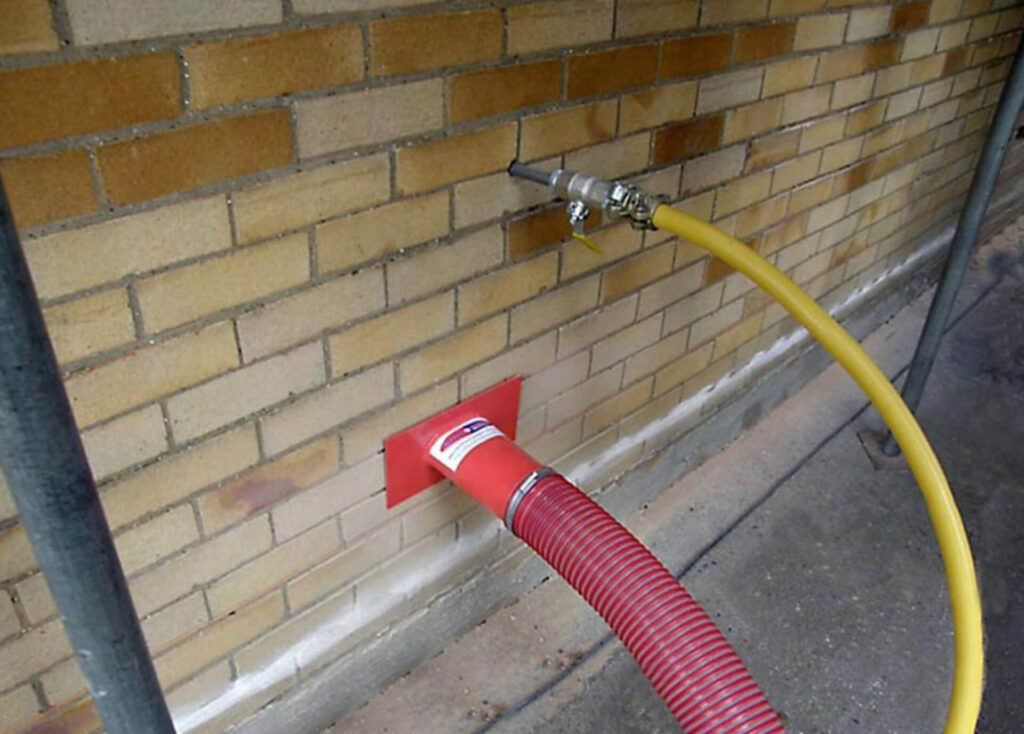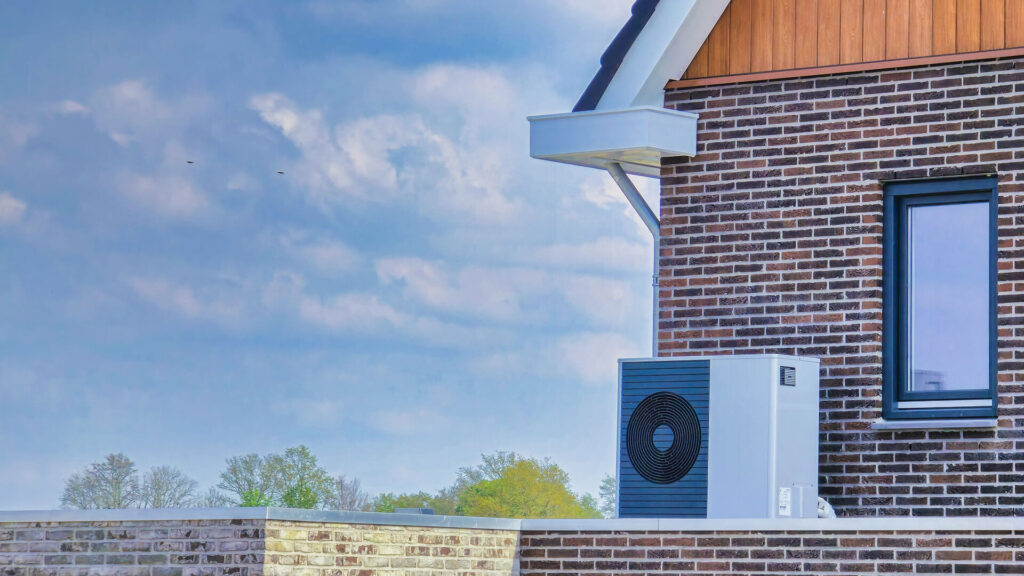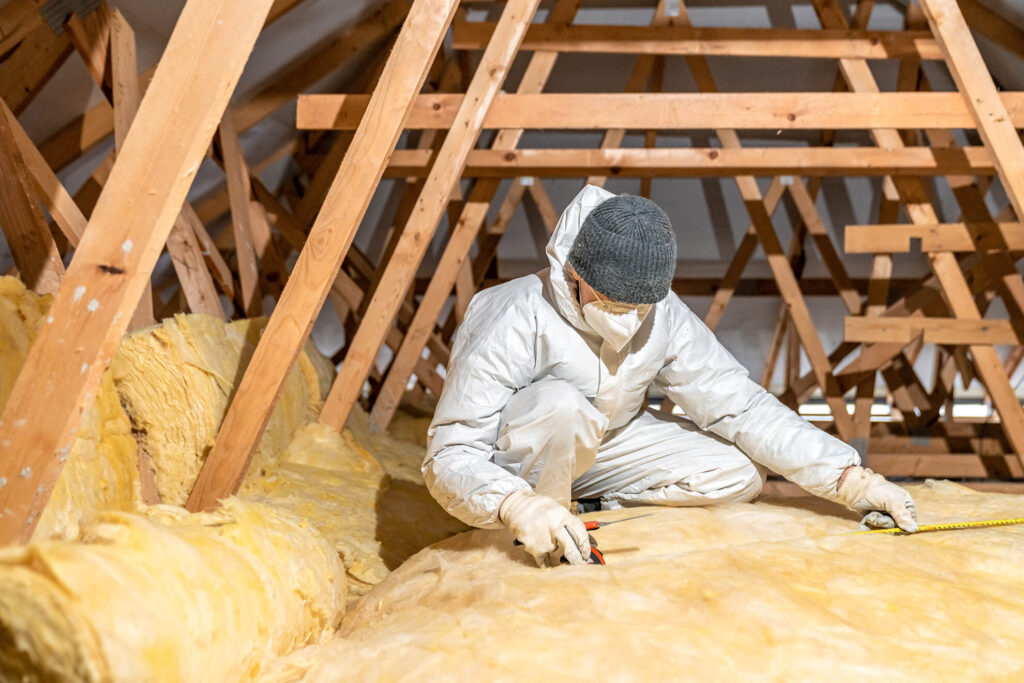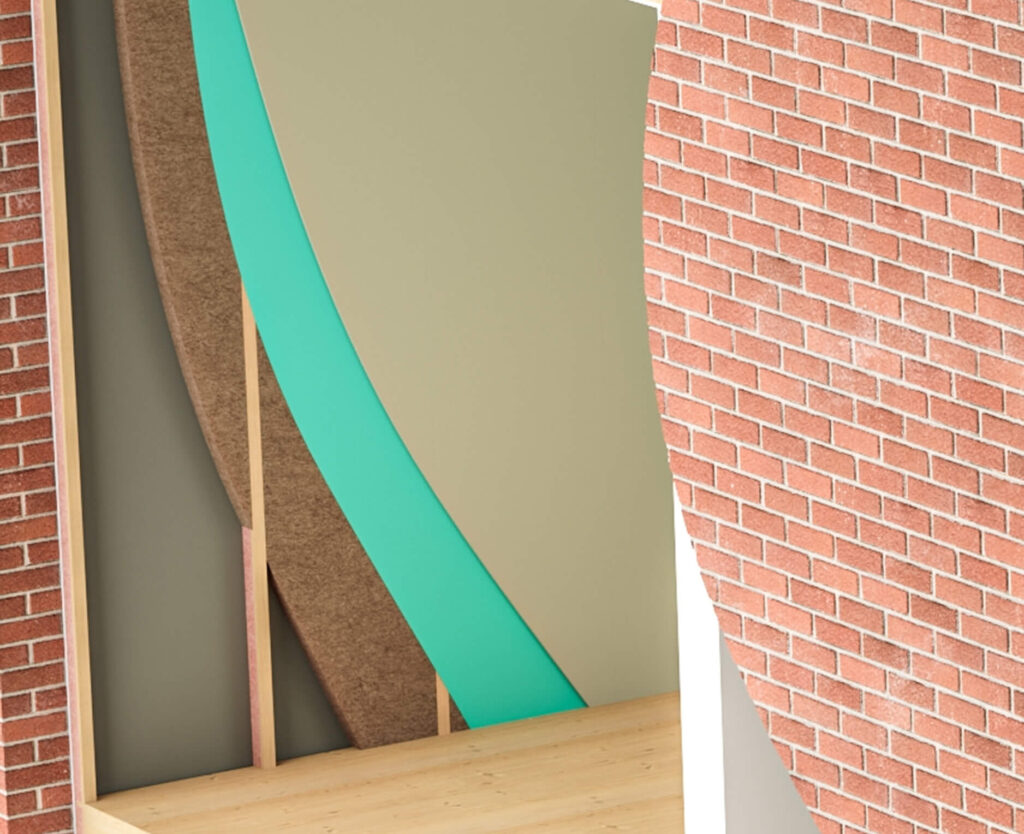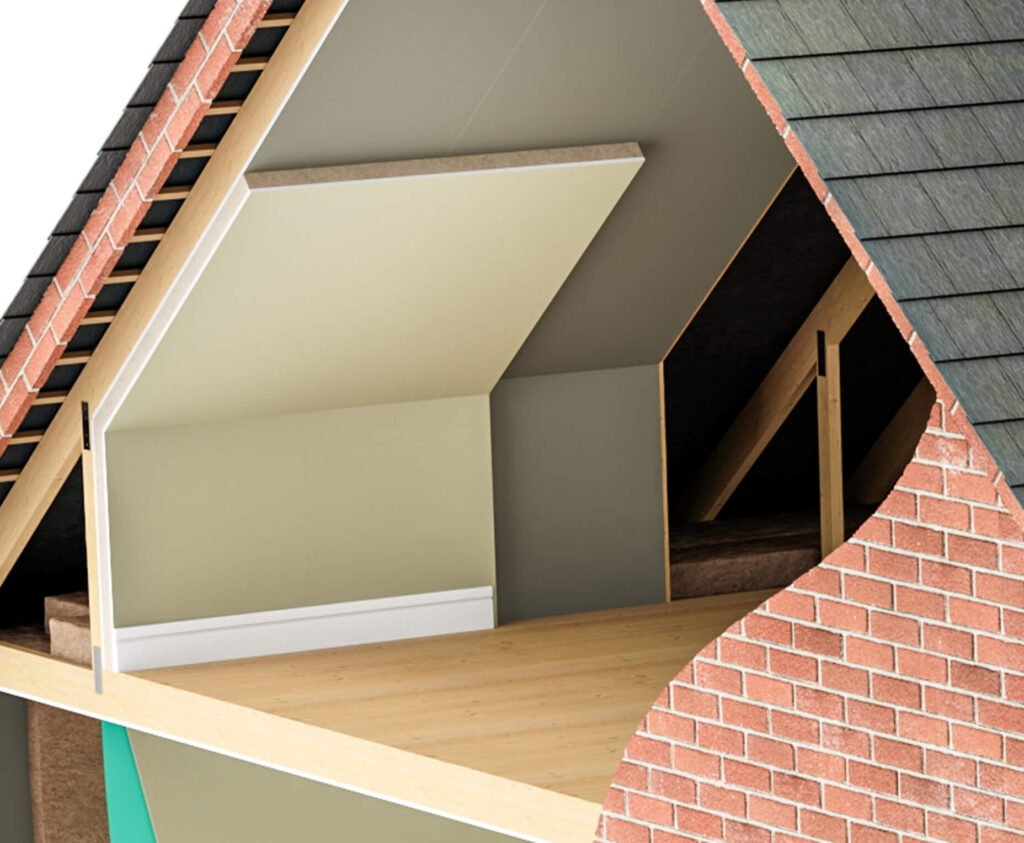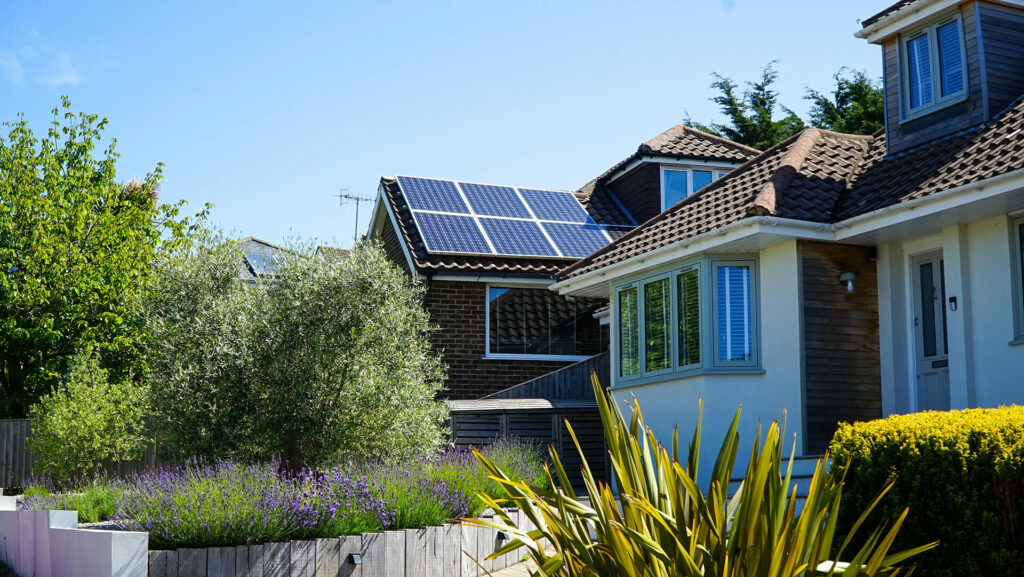Imagine losing around a third of your heat through the walls of your home. If your house is uninsulated, then this is what could be happening.
By adding cavity wall insulation, not only will it help you keep the heat in, but also the cold out. Cavity wall insulation will keep your house warmer in the winter and cooler in the summer, and will also help save you money on your energy bills and reduce your carbon emissions. That’s because wall insulation ensures your boiler won’t need to work as hard to keep your house heated.
What is cavity wall insulation?
Houses typically built in the 1920s and 1990s are likely to have cavity walls. A cavity wall comprises an outer brick wall and an inner layer of brick or concrete block. These two layers are separated by a gap between them, known as the cavity. More modern houses tend to be built with insulation already inside to protect the walls. However, if your home is older, it may not even have any insulation whatsoever.
If your home was built before the 1990s, then you will likely need to insulate your walls. During the construction of the property, a cavity was built into the walls to prevent rainwater from entering the building through the outside wall. If any water seeps into the outer layer, it can drip into the cavity and make its way into the interior of your home, causing wet patches, damp and mould. The drawback of uninsulated cavities is that they let a significant amount of heat escape your property, resulting in colder houses and higher heating bills.
How does cavity wall insulation work?
Cavity walls are insulated by injecting insulation material into the cavity from the outside or inside. Your professional installer will drill several small holes in the walls of about 22mm, approximately every 1m apart. The insulation material – which is typically mineral wool or polystyrene beads – is then inserted through these holes using special tools. Once the cavities are filled with insulation, the holes are sealed with cement and will be barely noticeable.
Unlike other forms of insulation projects, cavity wall insulation is never a DIY job. It is crucial to employ a registered cavity wall installer who will be able to professionally carry out the job without causing any damage to your property.
It’s also important to note that there are some types of cavity walls which are unsuitable for insulation. These tend to be walls which are exposed to frequent wind-driven rain. Your professional installer will be able to guide you on your best options following a consultation.
How to identify your wall type
Before you can insulate your walls, you first need to identify your wall type. An easy way to do this is to look at the pattern of the brickwork on the outside of your house, if it is exposed.
Cavity walls
Cavity walls usually have regular and even patterns of brickwork, with all the bricks laid lengthways. So, no length of brick on the face of the wall will be shorter or longer than the rest. Furthermore, if your brick wall is more than 260mm thick, it probably has a cavity.
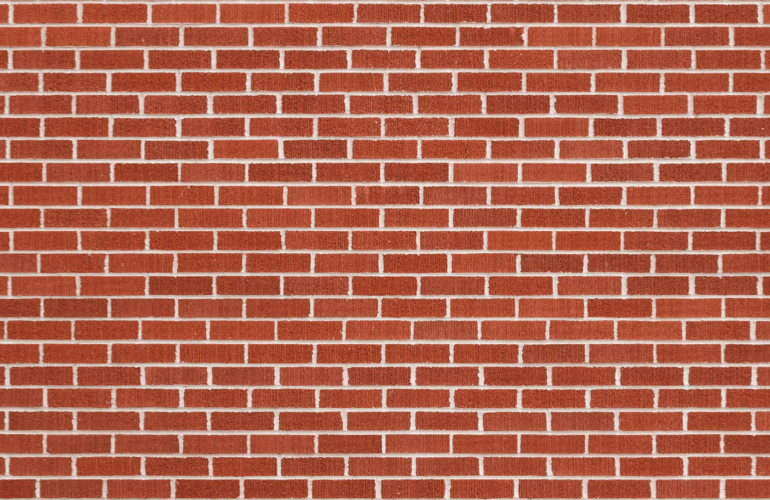
Solid walls
Solid walls have an alternating brick pattern. Because some bricks will be laid across the width of the wall, you’ll be able to detect smaller ends, which are much shorter than the length of an average brick, in the face of the wall.
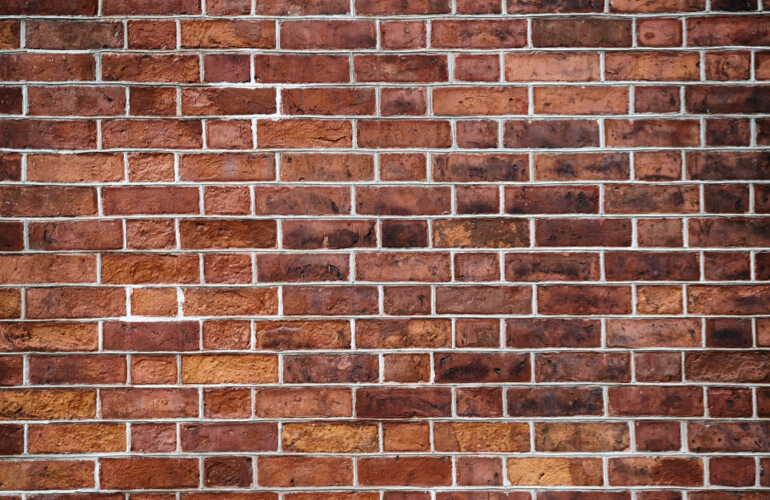
Other wall types
There’s also the possibility that your house has neither a solid nor a cavity wall structure. If you live in a steel-frame or timber-framed building, or a home constructed from prefabricated concrete, then it is advisable to contact a specialist insulation installer, like SmartStone, to guide you on your insulation options.
Cost for cavity wall insulation
The size of your property will ultimately determine the total cost of your cavity wall insulation. Experts estimate that most cavity wall insulation projects recoup their installation costs through energy bill savings within five years or less.
Data obtained by the Energy Savings Trust has indicated that you can expect to save anywhere between £75 and £255 a year on your energy bill, depending on your property type. That’s not to mention a significant reduction in your CO2 emissions, which will also increase the value of your property in the long run through an improved Energy Performance Certificate (EPC).
The EPC is an overall energy-efficiency rating for your property, ranked from A-G. ‘A’ represents the most energy-efficient properties and ‘G’ the worst. The EPC will also guide you on the type and level of insulation required for maximum efficiency.
Cavity wall insulation grants
Various types of government-backed grants and subsidies cover insulation works, including cavity wall insulation.
At SmartStone, we work with a team of professional surveyors located across the UK, who can provide you with a free, no-strings-attached inspection of your home to determine which cavity wall insulation solution best suits you. We also work with a network of professional insulation installers, who are STROM and ECMK-trained.
SmartStone is a registered member of the National Insulation Association (NIA), TrustMark and is PAS2035 certified. We have helped 1000s of homes across the UK become more energy-efficient, and we’re here to guide you through the process one step at a time.
